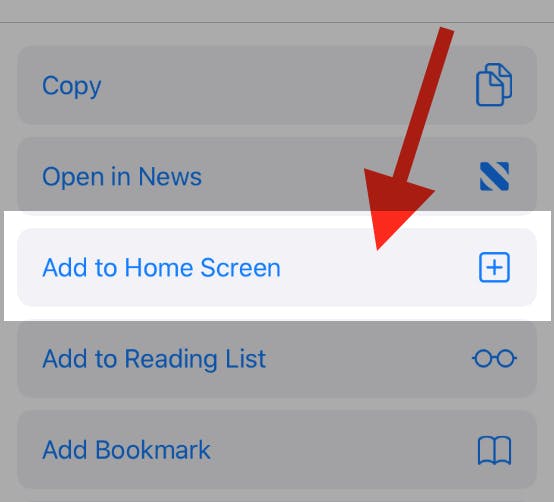Do I Need A Website For My Business?

In today's Mobile Era, having a strong online presence is essential for businesses of all sizes and industries. A crucial component of this online presence is a website. A website serves as the foundation for your online identity and can significantly impact your business's success. In this article, we will explore the importance of having a website for your business, discussing key concepts and providing practical examples. Whether you are an IT professional, a business owner, or a novice website builder, this article will guide you through the decision-making process and offer actionable tips to enhance your online presence.
I. Establishing Credibility and Building Trust
In an era where consumers turn to the internet on their Smartphones to research products and services, having a professional and well-designed Mobile-First website is essential for establishing credibility. A website acts as a digital storefront, showcasing your brand's values, expertise, and offerings. It gives potential customers a glimpse into your business and its unique value proposition.
Practical tip: Ensure your website has a clean and intuitive user interface. Use high-quality images, compelling content, and clear calls to action to engage visitors and build trust.
II. Expanding Your Reach and Increasing Visibility
A website provides an opportunity to expand your reach beyond your physical location. With a website, you can target a global audience and attract customers from different geographical areas. By optimizing your website for search engines, you can increase your online visibility and reach potential customers who are actively searching for products or services related to your business.
Practical tip: Implement search engine optimization (SEO) techniques to improve your website's visibility. This includes keyword research, on-page optimization, and link building strategies. Regularly update your content to ensure it remains relevant and informative.
III. Showcasing Products and Services
A website allows you to showcase your products or services in a comprehensive and visually appealing manner. You can provide detailed descriptions, high-quality images, and even videos to demonstrate the value and features of what you offer. This can help potential customers make informed decisions and increases the likelihood of conversion.
Practical tip: Incorporate customer testimonials and reviews on your website to build trust and showcase the positive experiences of previous customers. Offer clear and visible contact information to encourage inquiries and conversions.
IV. Facilitating Customer Engagement and Interaction
A website offers various channels for customers to engage with your business. It can include features such as contact forms, live chat, social media integration, and customer support portals. These features enable customers to ask questions, seek assistance, and provide feedback, fostering a sense of trust and customer satisfaction.
Practical tip: Respond promptly to customer inquiries and feedback received through your website. Use social media platforms to actively engage with your audience and encourage conversations around your brand.
V. Analyzing and Improving Performance
One of the significant advantages of having a website is the ability to gather data and insights about your audience and their behavior. With tools like Google Analytics, you can track website traffic, user demographics, popular pages, and conversion rates. These insights empower you to make data-driven decisions and continuously improve your website's performance.
Practical tip: Regularly monitor and analyze website analytics to identify areas for improvement. A/B testing different elements of your website, such as headlines, calls to action, and layout, can help optimize conversion rates and user experience.
VI. Staying Ahead of the Competition
In today's competitive business landscape, having a website is no longer an option but a necessity. If your competitors have websites while you don't, you risk losing potential customers to them. A well-designed and user-friendly Mobile-First website gives you a competitive edge, positioning your business as modern, reliable, and customer focused.
Practical tip: Conduct a competitor analysis to identify strengths and weaknesses in their websites. Look for opportunities to differentiate your website and offer unique value to your target audience.
In conclusion, having a Mobile-First website is crucial for businesses in the Mobile Era. It establishes credibility, expands your reach, showcases your products or services, facilitates customer engagement, provides insights for improvement, and keeps you ahead of the competition. Regardless of your expertise level, building and maintaining a website can be achieved with the right resources and guidance. By implementing the practical tips provided in this article, you can enhance your online presence and drive success for your business.
Heading
To add this web app to your homescreen, click on the "Share" icon
![]()
Then click on "Add to Home"

To add this web app to your homescreen, click on the "Share" icon
![]()
Then click on "Add to Home"

It looks like your browser doesn't natively support "Add To Homescreen", or you have disabled it (or maybe you have already added this web app to your applications?)
In any case, please check your browser options and information, thanks!
It looks like your browser doesn't natively support "Add To Homescreen", or you have disabled it (or maybe you have already added this web app to your applications?)
In any case, please check your browser options and information, thanks!
